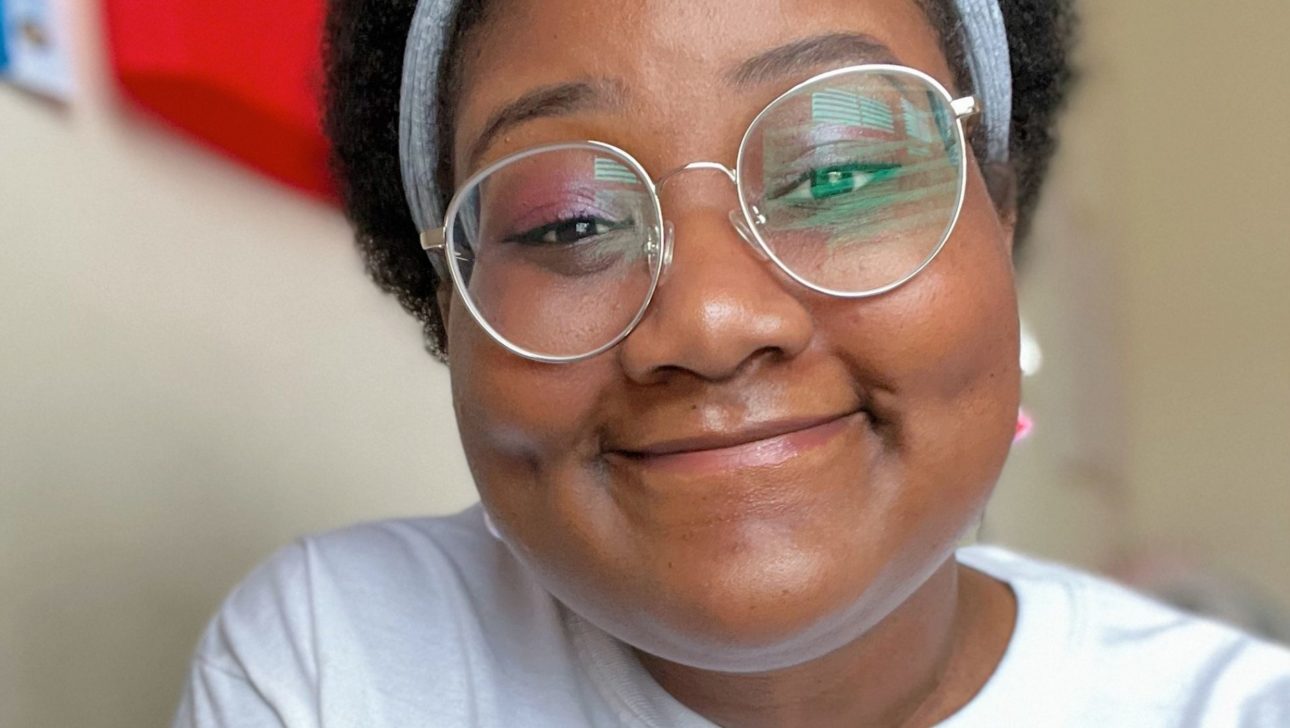When we think about diversity and inclusion in minority communities, we often forget how the things that make us who we are intersect and overlap. Even within disability activism, the myriad of experiences and identities within the disabled community are often overlooked and unrecognized. We sat down with Devin Norko to talk about their life and experiences as disabled, queer, and Black activist, and to hear what they think about intersectionality.
Describe what intersectionality means to you.
To me, intersectionality is the overlapping and intertwining of identities. It means acknowledging the fact that when you are a person with multiple identities, you can’t truly separate them from each other – because even when speaking about one identity in particular, it will always be influenced by your life experience involving the other parts of your identity. Intersectionality is the summation of all of your parts, instead of simply focusing on the individual sections alone.
Why does intersectionality matter?
You can’t see a puzzle clearly without all of the pieces being considered and looked at together – it will always look off and incomplete. You can’t weave a basket without weaving the pieces in and out of each other, each overlapping the next – if you were to simply set them side by side, the basket wouldn’t be sound; if you were to try to pull out one reed, then the basket would have holes. Jenga towers are strongest with all of the blocks there – once you start creating spaces, decreasing overlap and taking bits away, it falls, because there is no way to have the tower stand without acknowledging what lives in those spots.
I use all of these analogies to say: Intersectionality shows us that although it may seem perfectly reasonable to look at individual identities instead of how they interact with each other, we as human beings are nothing more than puzzles. Baskets. Jenga towers. We are made up of so many little parts, so many different things, and it’s genuinely impossible to only focus on one of them without losing something.
And arguably, the biggest reason that intersectionality is important is the fact that overlapping identities create new identities. Two queer people can have nearly the exact same controllable life circumstances, but if one of them is a Black person and one of them is a white person, that added acknowledgment of identity makes a world of difference in how they will inevitably experience not only the world and society but their queerness as a result. Keeping on the topic of the intersections of race and other identities for simplicity’s sake: a Black disabled person and a white disabled person could have the exact same diagnoses, but drastically different experiences simply because of the fact that they are different races. The same goes for gender. Sex. Class. Any identity you can think of! Talking about and focusing on intersectionality is crucial in being truly inclusive.
What is your relationship with intersectionality?
Personally, I have a lot of overlapping identities. I’m disabled, but I am also Black, queer, neurodivergent, trans (non-binary specifically), poor, AFAB, fat, and mentally ill – and probably other things I’m forgetting! Intersectionality is at the forefront of my mind in most of what I chat about with my advocacy, and is a focus of mine in most of the things I do in my life in general. Seeing as I can’t separate my identities, existing as an intersectional human being is something I have a deep relationship with. I’ve done intersectionality work nearly my entire life personally, academically, and professionally, so it has a special place in my heart.
What do people and companies fail to understand when they don’t prioritize disability into their other awareness initiatives, such as Black History Month, Pride, AAPI Month, or Hispanic Heritage Month?
People often fail to understand that the disabled community is the largest minority, the only one that is part of every single other community, and the only one that you can become a part of at literally any moment. Disabled folk/folks are often pushed to the further back burner, even within other marginalized communities – which often feels worse than outside of them, because marginalization is understood and yet lateral oppression still occurs. People fail to realize that by not prioritizing disability in other awareness initiatives, they are shutting out a large part of their communities, and therefore not actually doing as much good as they think they are. They are not actually being inclusive, and quite frankly not actually promoting awareness.
Black disabled folks are included in Black history, so we should be prioritized just as any other group of Black people – especially because we have our own history, one that is a subcategory of what folks already chat about. The same goes for any other community and space! Disabled folks are everywhere, so it should actually feel that way because otherwise it promotes that only certain marginalized people matter – the non-disabled ones.
Learn more about Devin’s lived experience in our webinar “Intersectionality & Disability”. Watch now on-demand
